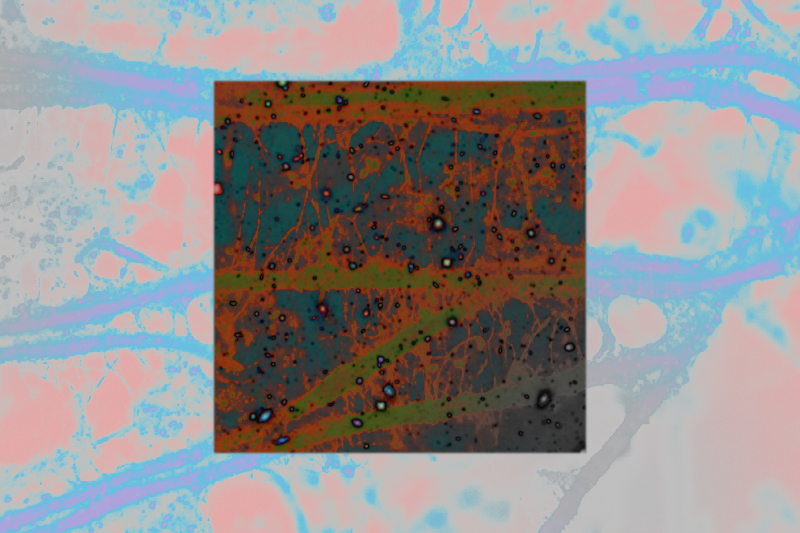We’re working with an organisation called Platform at the moment to refresh their identity and create a new website. They’re a non-hierarchical team of campaigners, researchers and artists who work on creative projects centred in eco-social justice.
They’ve already been running for 40 years which, in a world of short attention spans and daily news cycles, feels unbelievably long. They’ve done so much work already, not all of it fitting within a coherent narrative, and have plans for so much more. The challenge is how to represent all of this, the breadth and diversity, without trying to be a comprehensive archive.
I interviewed most of their members at the end of last year as part of our research process. One of the ideas that emerged from these conversations was the idea of archive as compost. We don’t necessarily want to document every past project in great detail, but we do want to mix together all their past activities, learnings and ideas so that they can sprout new ones.
I like this idea because it’s all about creating unexpected connections and celebrating the overlaps and interdependencies. In the archive-as-compost, everything is entangled and messy. There isn’t a curatorial voice and ideas emerge that you wouldn’t expect. Everything is an experiment.
Of course, the compost heap is a rich and fertile space to play in. So many of the people I admire are already here. Starting with the queen of compost, Donna Haraway:
We require each other in unexpected collaborations and combinations, in hot compost piles. We become-with each other or not at all.
The artist Katrin Bohm, who in 2021 started composting all her past work.
I don’t want to do another project, I want to make a pile.
Vida Rucli of Robida Collective wrote a lovely reflection on her residency at Bibliothek Andreas Zust, On hosting and guesting.
I spoke about reading as finding unexpected things by change, as collecting things that sediment in a fertile humus, reading as composting. Comp(h)osting. Interlacing hosting and composting – it’s about temporality, let encounters, conversations, events sediment, stay, be in contact with other remains, become a meshwork of elements which decompose to create humus to host again. Does this relation about composting and hosting speak only about finding a time for letting things, meetings, conversations deposit – does it only speak of a slower temporality, of a time dedicated to waiting for the transformation of the material. To compost means also to accumulate in a place…
And finally, the most literal composters are Compost Mentis. They’re a co-op that care for the soil, build compost toilets and co-design community growing infrastructure. They have a manifesto-in-progress, we want the soil back, that includes slowness as an inspiration:
The long, hot ferment of a compost pile. Recognising the different temporalities, rhythms and scales that we need to work at, and actively resourcing ourselves to work at a pace that is comfortable for each of us. Our ethic of slowness allows us to build trust and care, making time to gather, & reflect on our work, methods, values and decisions. For us, slowness supports accessibility and the long term sustainability of our work together.

PS — How & I are moving to a new apartment in March that has a little garden (!) complete with a lemon tree (!!) and compost heap (!!!). Beyond excited.
